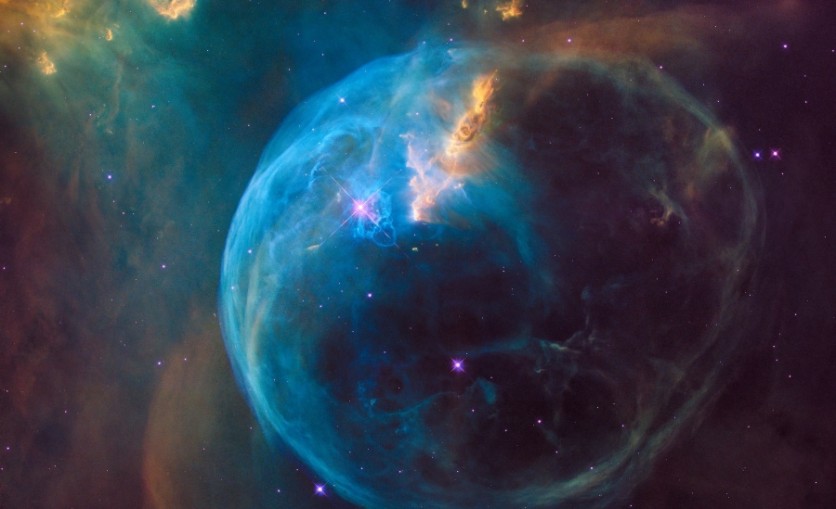What if life beyond Earth is not limited to carbon-based organisms like us?
A groundbreaking study led by researchers from the University of Wisconsin-Madison has stirred up the age-old debate, suggesting that self-sustaining chemical reactions, crucial for life, could thrive on alien worlds with chemistry different from our own.

Non Carbon-Based Life Forms
Life as we know it on Earth hinges on organic compounds, primarily consisting of carbon, but also involving elements such as hydrogen, oxygen, nitrogen, phosphorus, and sulfur.
However, could life evolve based on entirely different chemistry? Astrobiologist and bacteriologist Betül Kaçar, one of the study's senior authors, firmly believes: "It's important to explore these possibilities so that we have an idea of what all forms of life can look like, not just Earth life."
The key to life, whether terrestrial or extraterrestrial, is autocatalysis-a self-sustaining process that can produce molecules that encourage the same reaction to happen again.
This critical aspect of life makes reproduction possible, and in the words of Kaçar, "Life catalyzes the formation of more life."
Evidence of Autocatalysis
To find evidence of autocatalysis beyond organic compounds, the researchers delved into a treasure trove of scientific documents spanning two centuries, written in various languages.
Space.com tells us that this extensive search led them to identify a staggering 270 different cycles of autocatalytic reactions. Even more astonishing is that most of these cycles did not involve organic compounds like carbon, the cornerstone of life as we know it.
Some of these cycles revolved around rare elements on Earth, such as mercury and the radioactive metal thorium. Others thrived in extreme conditions-extraordinarily high or low temperatures or pressures.
Perhaps most astonishingly, the researchers unearthed four autocatalytic cycles involving noble gases, typically known for their inert nature and reluctance to engage in chemical reactions.
Interesting Findings
Zhen Peng, the study's lead author and an evolutionary biologist at the University of Wisconsin-Madison, highlighted the significance of this discovery:
"If even a relatively inert gas such as xenon could take part in autocatalysis, there is good reason to guess that autocatalysis occurs more easily in other elements."
Of the 270 cycles, only eight were relatively complex, comprising four or more reactions. The majority were surprisingly simple, consisting of just two reactions.
This newfound knowledge offers an interesting prospect for the search for life beyond Earth. Combining multiple autocatalytic cycles, even when they are vastly different, could lead to self-sustaining chemical reactions generating a wide array of molecules and complexity.
Space.com tells us that this discovery provides a "recipe book" for life in radically different environments, enriching our understanding of what might exist on distant planets.
Stay posted here at Tech Times.
Related Article : Scientists Unveil Mysterious Alien Corpses at Historic UFO Congress Hearing in Mexico





